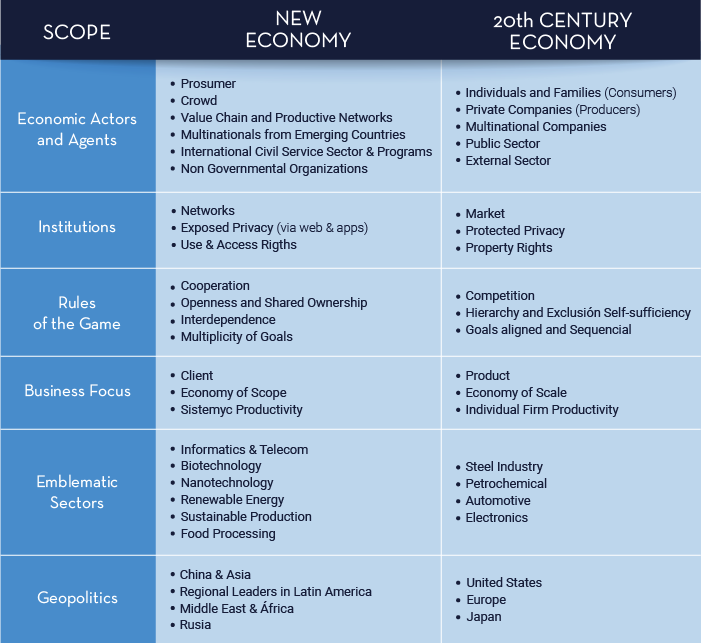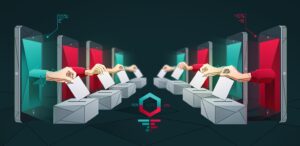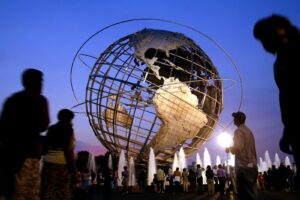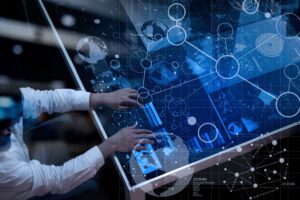Answering the question is challenging. Many definitions have been proposed. I will try to briefly explain how the emergence of this new phenomenon, which has been on the making for several years, can be analyzed. Humanity’s cultural and social changes can be tell through innovation and technical change.
The fire, the wheel, the printing press or the steam engine took decades to fully realize their potential. They did so only when they were adopted by ordinary people through apps that gradually influenced the way daily life is organized.
The same is happening with the information technology and telecommunications revolution over the past three decades. The international financial crisis of 2007/8 fueled the process. The SARS-CoV-2 pandemic that we are going through is accelerating it again and reinforcing its characteristics.
Changes are so dramatic that we hardly recognize the economic organization of the 20th century. Each technological innovation in its time was applied to various fields of human activity. None, however, had such a wide diffusion and an impact as singular as the information technologies of our time. The appearance of the steam engine is probably the most similar example. Today, I&T technologies are present in every aspect of our life, permanently and increasingly.
Even in that context, I wouldn’t dare to explain the “new economy” as a phenomenon defined by a unique and particular technology, because it goes beyond any of them individually. Its heart is in the relationship that emblematic sectors establish and the way they fertilize each other, as well as the manner they influence the traditional products and markets of the old industrial and agricultural economies.
It is characterized by the appearance of new economic actors that operate under new rules of the game and demand new institutions for an economy that shift the business focus towards new objectives, operating in a new geopolitical balance.
How does the “new economy compare to the economic organization of the 20th century?”

Practically, none of the elements that make up the landscape of the new economy (actors, institutions, rules or sectors) is necessarily new for entrepreneurs or unknown to citizens. Many of them, individually, are even familiar to us.
The new economy is the result of the changes that are taking place, at the same time, in all these fields and in the way they are reinforced and strengthened.
When we speak of the emergence of a new economy, we do not mean that one model of economic organization replaces another once and for all, but rather that a process marked by eventual and gradual enrichment takes place – through a torrent of innovations. simultaneous technologies in various fields of science – which fertilizes the existing economic organization with the emergence of new elements, until it completely changes its physiognomy.
When I first wrote about this topic in 2013, I had already seen the effect that the international financial crisis had on the emergence of a new economy, accentuating trends and processes. Many regulations that I anticipated in my books (about “rules of the game” or “institutions”) began to be discussed and some were implemented.
I could not imagine then that COVID-19 would accelerate the definition of new roles for economic actors and agents, while highlighting the critical importance of international cooperation for the provision of Global Public Goods and the key role of political leadership for the nations.
In any case, the new economy is already among us, with a more defined presence every day.


